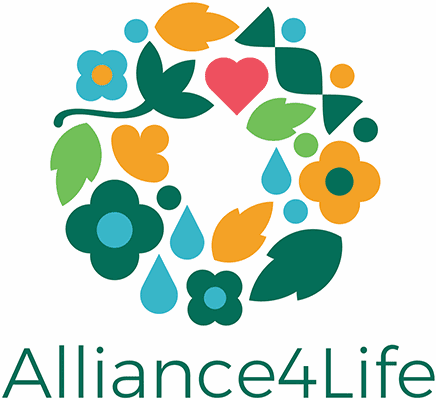
What Can You Expect?
As a VRC member, you will have access to scientific events, funding opportunities, and collaboration programs, including:
🧑🔬 Scientific Activities & Events
- Mini-Conferences – Annual in-person events where VRC members and external collaborators present their latest findings, fostering new research partnerships.
- Webinars & Scientific Meetings – Regular virtual discussions led by department directors, featuring expert speakers and panel discussions on emerging topics.
- Journal Club – Interactive sessions where members discuss recent publications with authors and experts, promoting knowledge exchange across research areas.
- Virtual Courses for PhD Students – Online skill-building courses designed for early-career researchers, led by senior experts within the VRC.
🤝 Collaboration & Opportunities
- Seed Fund – A funding program supporting small-scale collaborative projects, with mentorship from department directors to guide early-stage research initiatives.
- Open Access to Research Infrastructure – Shared access to laboratory facilities, databases, and specialized tools across VRC departments to enhance research capabilities.
- Job Vacancies – A network-driven platform for sharing open research positions within the Alliance4Life community.
📖 Resources & Knowledge Sharing
- Publications & Reports – Access to downloadable scientific papers, policy briefs, and project reports.
- Templates & Guidelines – Presentation templates, grant writing guides, and event planning materials to support research and communication..
- Data Sharing & GDPR Compliance – Best practices and guidelines for secure data sharing and ethical collaboration.
🌍 Societal Engagement
- Patient & Professional Associations – Members are encouraged to connect with patient organizations and professional bodies, ensuring that research aligns with societal needs.
- Advisory Group Involvement – Opportunities to engage patient representatives in the research process through advisory roles, strengthening the real-world impact of scientific work.
Virtual Departments in the VRC
The Alliance4Life Virtual Research Center (VRC) is structured into specialized Virtual Departments, each focusing on key areas of life sciences research. These departments serve as hubs for collaboration, organizing scientific activities, funding opportunities, and research initiatives.
🧪 Current Virtual Departments
Researchers can join one of the existing four Virtual Departments, each led by experienced scientists and department directors:
Each department facilitates webinars, journal clubs, funding opportunities, and research collaborations within its specific field.
🧑🔬About membership
The VRC is open to active scientists and researchers from Alliance4Life partner institutions. Members are expected to contribute by participating in discussions, engaging in collaborative projects, and attending events.
As the platform is currently in its alpha phase, early members will:
📢 Receive regular updates and newsletters featuring events, funding opportunities, and research resources.
🚀 Gain early access to the beta version of the VRC platform, helping to shape its future functionality and features.
🌱 Creating a New Virtual Department
The VRC is designed to evolve with the needs of its researchers. If an important area of life sciences is not yet covered, members have the opportunity to establish a new Virtual Department.
Who can propose a new department?
New departments can be proposed by experienced researchers who are actively involved in one of the A4L partner institutions. This includes researchers with more than 10 years of experience after obtaining a PhD or those leading a major grant, such as an ERC grant.
If you meet these criteria and have a vision for a new department, your leadership can help shape the future of the VRC!
What responsibilities come with creating the department?
Creating a new department is not just about tasks—it’s about shaping the VRC itself. The departments are the VRC; they bring it to life and make collaboration possible. Key responsibilities include:
- Organizing webinars and virtual Journal Clubs for VRC members.
- Contributing to virtual mini-courses for PhD students.
- Participating in scientific meetings and advancing societal engagement.
- Identifying common research interests and fostering complementary expertise.
- Exploring collaborative projects and joint grant applications with other members.
- Contributing to the A4L_BRIDGE e-learning platform and supporting its mentorship and internship activities.
Through these activities, the department creates the community—connecting researchers, driving innovation, and ensuring VRC thrives as a dynamic and collaborative network.
How is a new deparment approved?
Each new department needs to be approved by the A4L board to ensure alignment with the network’s goals and maintain high-quality standards.
We will guide you through the process to ensure a smooth approval and integration into the VRC.
What´s new in the VRC
Want to know more about our structure?
Have any inquiries?






